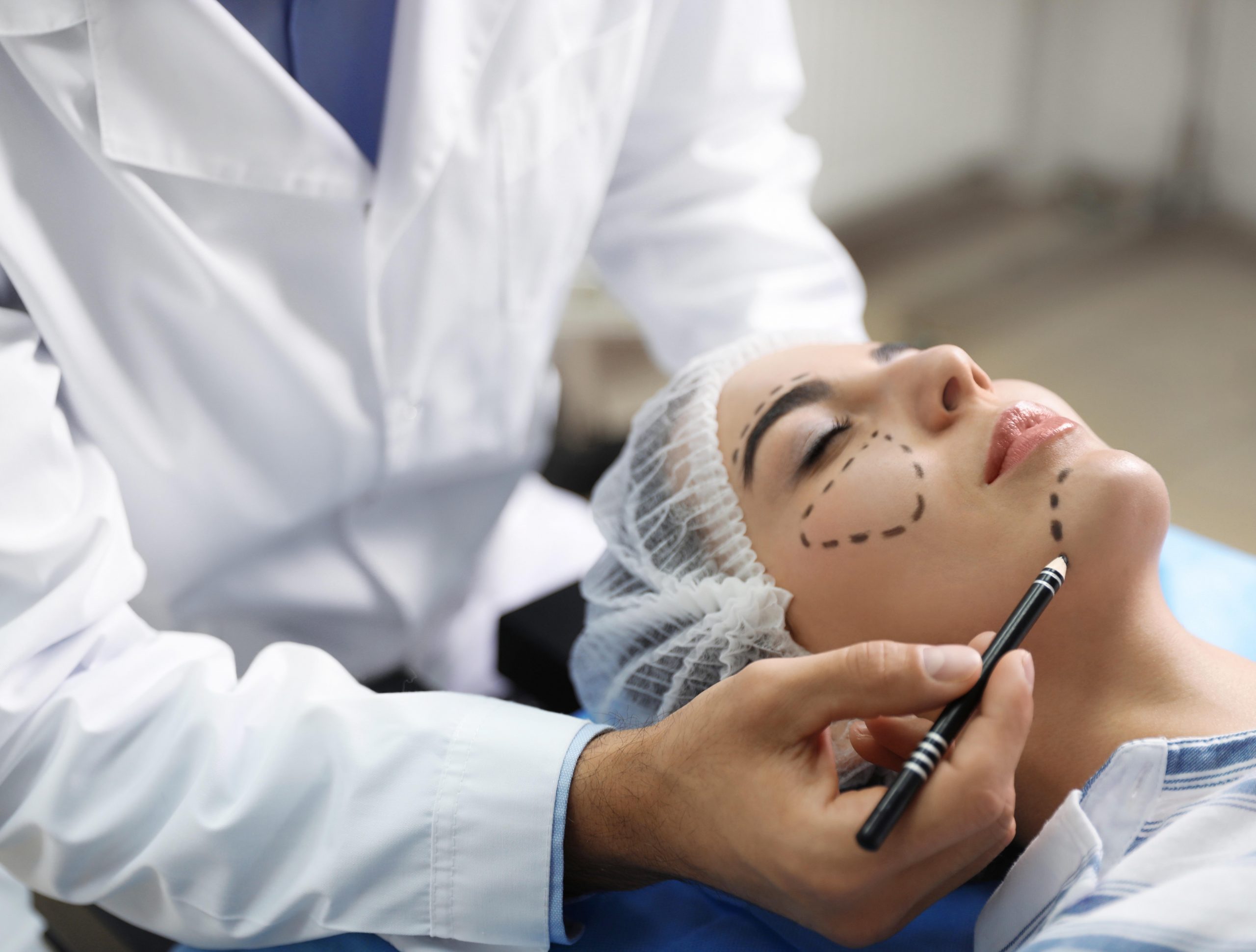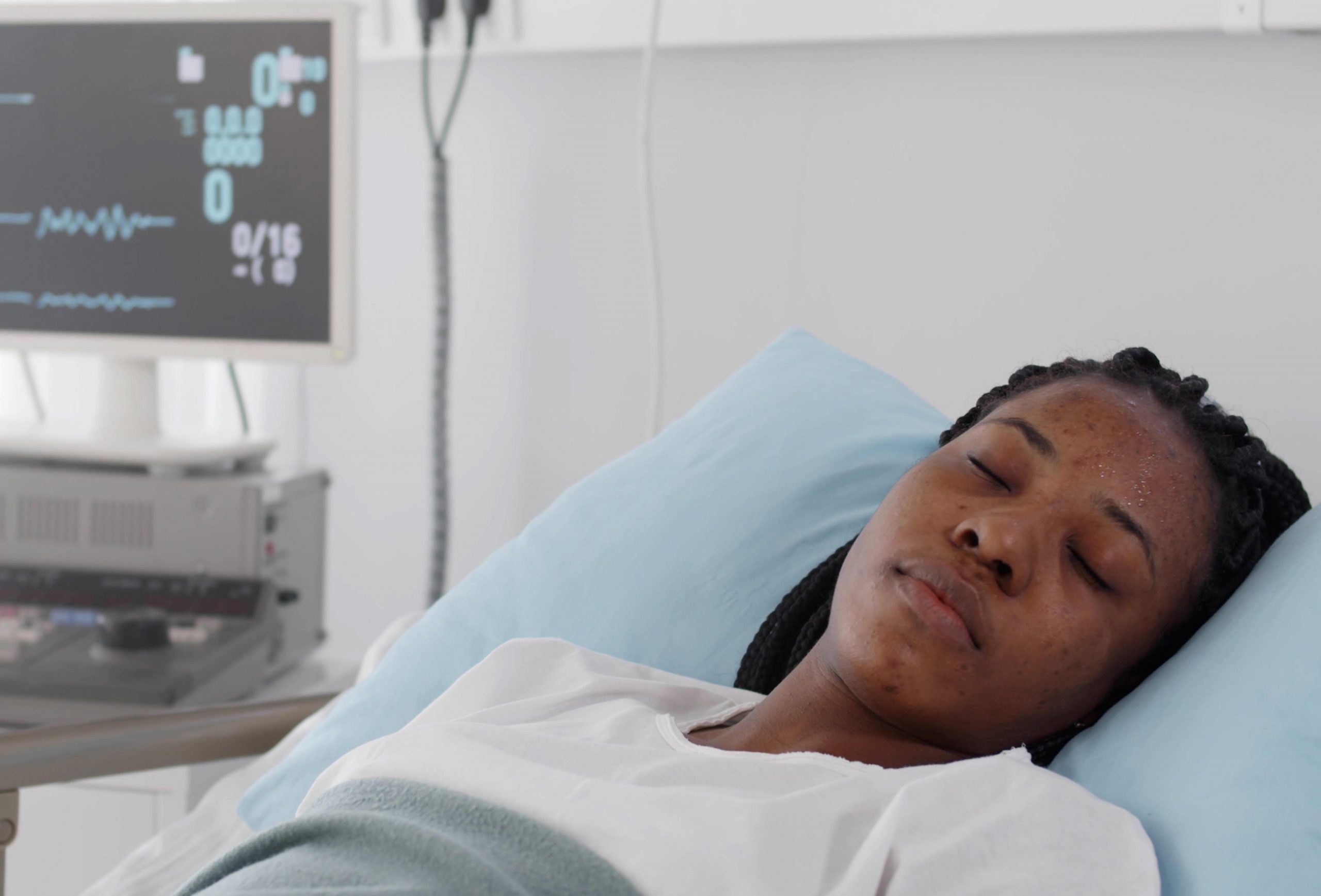
The Quaker Oats Co has widened a recall of granola bars and cereals that was first announced in December, adding more products that may potentially be contaminated with salmonella. The products were sold in all U.S. states and territories, with a full list of recalled products listed on the company’s updated statement. While salmonella could… read on > read on >






























